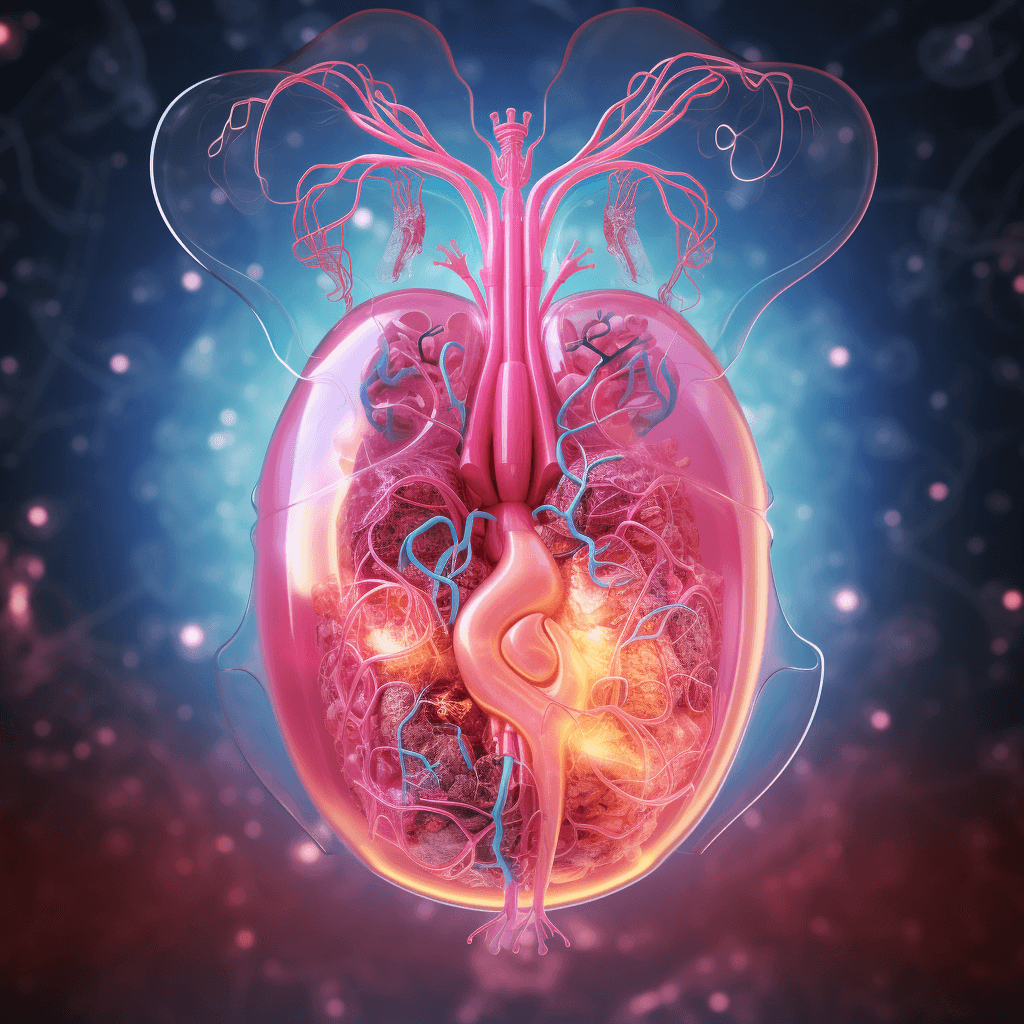In an unprecedented medical breakthrough, a genetically modified pig kidney transplanted into a brain-dead patient has demonstrated sustained functionality for more than a month. The remarkable procedure, carried out by a surgical team in New York on July 14, marks an important step in the field of organ transplantation. Researchers are closely monitoring the pig kidney’s performance for a second month in a row, marking the longest time a gene-edited pig kidney has remained functional inside a human body.
The procedure was performed on Maurice “Mo” Miller, a 57-year-old man from upstate New York who died unexpectedly of undiagnosed brain cancer, making routine organ donation infeasible The family’s commitment to advancing medical knowledge and helping to alleviate the organ shortage motivated them to contribute to this groundbreaking research.
Dr. Montgomery replaced Miller’s original kidneys with a single genetically modified pig kidney, which quickly began producing urine when integrated into the recipient’s body.
This advance is part of a broader effort to accelerate clinical trials in living humans. At the same time, researchers at the University of Alabama at Birmingham (UAB) reported promising results with a pair of genetically modified pig kidneys transplanted into another donor’s body. These kidneys worked successfully, producing urine within minutes and maintaining normal functionality for a full week.
The pioneering procedure was performed on a 52-year-old man with hypertension and stage two chronic kidney disease, who voluntarily donated his body for research purposes. Jayme Locke, director of UAB’s Heersink School of Medicine and lead author of the paper, emphasized the innovative nature of the achievement. Locke stated: “It has been truly extraordinary to see the first preclinical demonstration that properly engineered pig kidneys can provide normal, life-sustaining kidney function in a human safely and achieved using a standard immunosuppression regimen “.
This achievement not only paves the way for revolutionary advances in organ transplantation, but also addresses the critical shortage of transplantable organs. As the medical community gains critical knowledge and safety information, the potential to save countless lives through organ transplantation becomes increasingly feasible.
This article is sourced from and written by AI.
Track and stay informed about AI-generated news:

